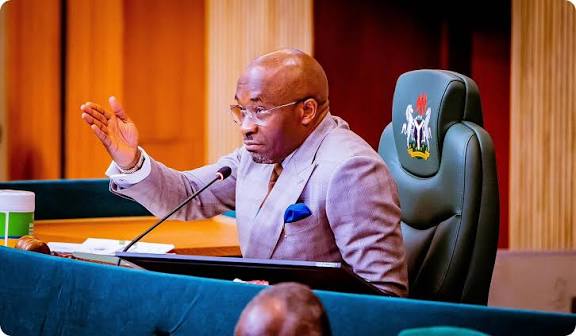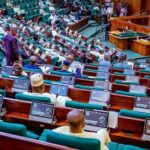The House of Representatives on Wednesday expressed grave concern over the growing presence of unidentified and plain-clothed security personnel manning checkpoints across the South-East and South-South regions of Nigeria.
Lawmakers described the situation as a serious national security threat that undermines public confidence in law enforcement and exposes citizens to potential abuse and criminal impersonation.
Following a motion of urgent public importance moved by Hon. Ibe Okwara Osonwa (LP, Abia), the House directed its Committees on Police Affairs and Interior to summon the Inspector-General of Police (IGP) and the Commandant-General of the Nigeria Security and Civil Defence Corps (NSCDC) to explain the persistent non-compliance with uniform regulations.
The committees are also mandated to conduct oversight visits to affected regions and report back to the House within six weeks.
In addition, the House urged the IGP and the NSCDC Commandant-General to immediately enforce strict compliance with existing rules requiring all officers on checkpoint, patrol, or stop-and-search duties to appear in full uniform with visible name tags and ranks.
While leading debate on the motion, Osonwa lamented what he described as “the unprecedented rate of plain-clothed security personnel at checkpoints,” noting that the practice violates standard policing procedures and jeopardises citizen safety.
According to him, the Nigeria Police Act, 2020, and other operational guidelines mandate proper identification and uniform compliance to ensure accountability and transparency.
He warned that “the increasing number of security operatives conducting highway checks in jeans, slippers, or incomplete uniforms without name tags makes it difficult for citizens to differentiate between genuine officers and criminal impostors.”
Osonwa also alleged that such practices have fueled widespread extortion, harassment, and abuse of power by some operatives, making it almost impossible to track or discipline erring officers.
“With the festive season approaching, and the expected rise in travel across the South-East and South-South corridors, there is an urgent need to safeguard travellers from abuse and security breaches,” he added.
Ruling on the motion, Deputy Speaker Benjamin Kalu, who presided over the session, referred the matter to the Committees on Police Affairs and Interior for further legislative action.





